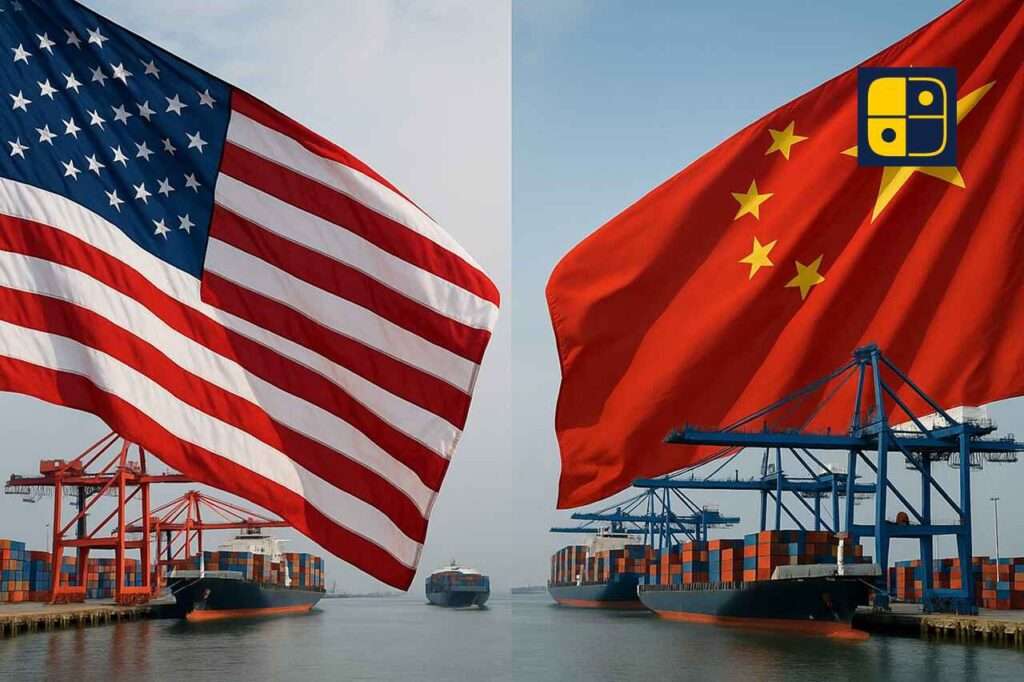A new front has opened in the long-standing trade dispute between Washington and Beijing as both nations impose reciprocal port fees, rekindling economic friction that had cooled in recent months. Beginning October 14, China introduced special levies on vessels that are U.S.-owned, operated, or built, marking a direct response to similar fees enforced by the United States on Chinese-linked ships.
According to China’s Ministry of Transport, the measure is intended to “safeguard national maritime interests” and ensure parity with U.S. port policies. The exemption for China-built vessels and those arriving empty for repairs underscores Beijing’s attempt to shield its domestic shipping and shipbuilding sectors from the blow.
Washington, however, has described the Chinese action as “unwarranted retaliation,” warning that such moves could further strain already fragile supply chains. Industry observers suggest the new fees may inflate shipping costs, disrupt trade routes, and indirectly raise prices for global consumers, particularly in energy and electronics sectors dependent on trans-Pacific cargo.
The tit-for-tat escalation signals a shift in the trade war’s geography from tariffs on goods to control over maritime infrastructure. As both powers flex their muscles over sea lanes, the global shipping industry braces for another wave of uncertainty that could ripple across economies worldwide.

